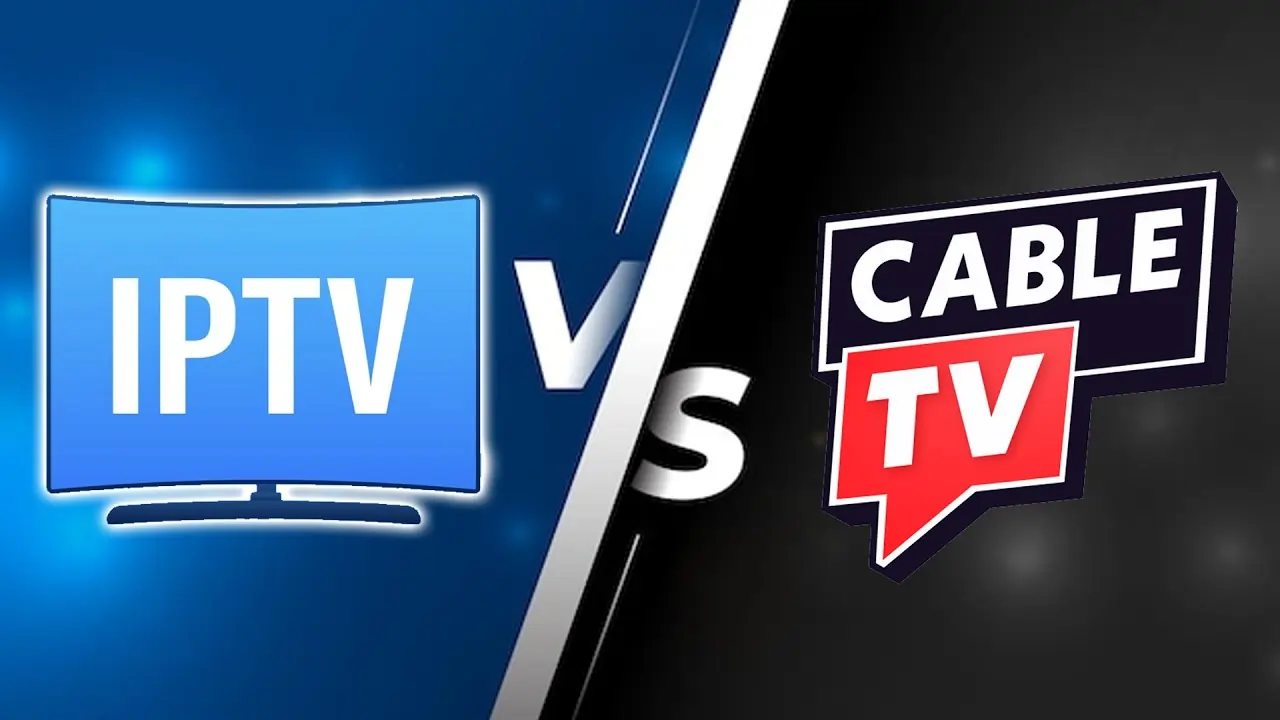IPTV vs Traditional TV: A New Era in Entertainment
In the world of entertainment, technology has brought about significant transformations, changing the way we…
In the world of entertainment, technology has brought about significant transformations, changing the way we…
Posted on 3/16/24 in Blog

In the world of entertainment, technology has brought about significant transformations, changing the way we consume media. One of the most notable shifts in recent years is the rise of IPTV (Internet Protocol Television). But what exactly is IPTV, and how does it compare to traditional TV? Let’s dive into the key differences and advantages of IPTV over traditional TV.
IPTV, or Internet Protocol Television, is a system where television services are delivered using the internet rather than through traditional terrestrial, satellite, or cable formats. This means that the TV content is streamed online, allowing for a more flexible and interactive viewing experience.
Traditional TV, on the other hand, refers to the conventional methods of broadcasting television content. This includes:
One of the most significant advantages of IPTV is the flexibility it offers. Viewers can watch their favorite shows and movies anytime, anywhere, as long as they have an internet connection. This convenience is particularly appealing in our fast-paced world where schedules are constantly changing.
IPTV platforms usually provide a broader range of content compared to traditional TV. This includes international channels, niche genres, and exclusive online series that are not available on standard cable or satellite TV.
While traditional TV packages can be expensive, especially with premium channels, IPTV services often offer more affordable subscription models. Additionally, users can choose specific packages tailored to their viewing preferences, avoiding unnecessary costs.
IPTV allows for a personalized viewing experience. Users can create playlists, set reminders for their favorite shows, and even receive recommendations based on their viewing habits. This level of customization enhances user satisfaction and engagement.
Despite its numerous benefits, IPTV also faces some challenges:
IPTV requires a reliable and fast internet connection. In areas with poor internet infrastructure, users may experience buffering, lagging, or reduced picture quality.
Setting up IPTV can be more complex than traditional TV, requiring specific software, hardware, and sometimes technical expertise. Troubleshooting can also be more challenging for non-tech-savvy users.
The legality of some IPTV services can be questionable, as they may offer access to pirated content. It’s essential for users to choose legitimate IPTV providers to avoid legal complications.
IPTV represents a significant evolution in the way we consume television, offering unparalleled flexibility, diverse content, and cost-effective solutions. While it comes with its own set of challenges, the advantages it provides over traditional TV make it an attractive option for many viewers. As internet infrastructure continues to improve and technology advances, the adoption of IPTV is likely to grow, paving the way for an even more dynamic and interactive entertainment landscape.
Whether you’re a traditional TV loyalist or an early adopter of IPTV, the future of television promises exciting developments that cater to a wide range of preferences and lifestyles.
